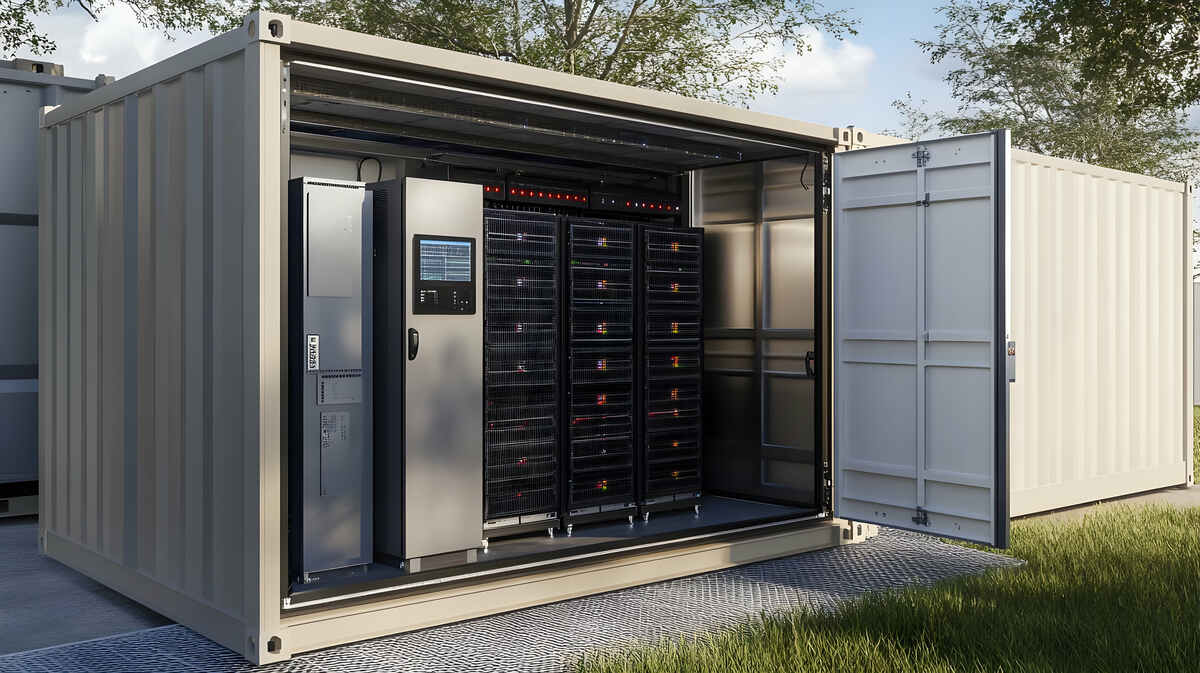Blog
Comparing Traditional vs. Modular Data Centers: Which Saves You More?

In today’s fast-paced digital landscape, businesses are increasingly relying on data centers to support their operations. As organizations seek efficient, reliable, and cost-effective solutions, the debate between traditional and modular data centers (MDCs) continues to grow. This blog explores the key differences between these two types of data centers and evaluates which option offers greater savings and efficiency.
Understanding Traditional Data Centers
Traditional data centers are large, fixed facilities designed to house computing equipment, storage, and cooling systems. These structures are typically built for long-term use, accommodating extensive power and cooling demands. While they provide high availability and robust security, the costs associated with traditional data centers can be significant. Their expansive physical footprint often results in higher real estate expenses, energy consumption, and maintenance costs.
What are Modular Data Centers?
Modular data centers, on the other hand, utilize a flexible, containerized approach. These facilities are constructed using prefabricated modules that can be easily transported and assembled on-site. MDCs are designed for scalability and efficiency, allowing organizations to add or remove components as needed. This flexibility enables businesses to adapt quickly to changing requirements without incurring the high costs typically associated with traditional data centers.
Cost Comparison
Initial Investment
One of the most significant advantages of modular data centers is their lower initial investment. According to a report from TechTarget, MDCs are typically more cost-effective to design and deploy than traditional facilities. This is largely due to their standardized components and the ability to use fewer vendors, which streamlines procurement and reduces costs. In contrast, traditional data centers require significant capital expenditure for construction, infrastructure, and equipment, making them a less attractive option for many organizations.
Operational Costs
Operational costs are another crucial factor in the traditional vs. modular debate. MDCs tend to have lower ongoing expenses due to their energy-efficient designs and smaller physical footprint. As highlighted by AnD Cable Products, modular data centers often achieve higher power usage efficiency (PUE) rates, which translates to lower energy bills. Traditional data centers, while capable of achieving similar efficiency levels once fully operational, may incur higher upfront costs for cooling and power infrastructure.
Scalability and Flexibility
Scalability is a key consideration for businesses anticipating growth. Modular data centers excel in this area, as they can be easily expanded by adding or reconfiguring modules. This adaptability allows organizations to respond quickly to increasing data demands without the lengthy construction timelines associated with traditional data centers, which can take 18-24 months to build.
Deployment Speed
The speed at which a data center can be deployed is another critical factor. Modular data centers can typically be operational in a fraction of the time it takes to construct a traditional facility. This rapid deployment allows businesses to start generating revenue sooner, making MDCs particularly appealing for startups and organizations entering new markets.
Reliability and Security
While modular data centers offer numerous advantages, traditional data centers often provide enhanced reliability and security. The complexity of traditional facilities, with multiple vendors and components, can make troubleshooting more challenging. However, they are designed with redundancy and robust security measures, which can be crucial for organizations handling sensitive data.
Conclusion
When comparing traditional and modular data centers, the choice ultimately depends on your organization’s specific needs and goals. Modular data centers provide significant savings in initial investment and operational costs, along with enhanced scalability and deployment speed. Traditional data centers, while potentially more reliable, come with higher costs and longer timelines.
As businesses continue to evolve and adapt to technological advancements, modular data centers are becoming an increasingly attractive option. By choosing a modular approach, organizations can save money while maintaining the flexibility needed to thrive in a dynamic marketplace. At TON Infrastructure, we are committed to providing innovative modular solutions tailored to meet your unique requirements. Contact us today to explore how our modular data centers can benefit your business.
